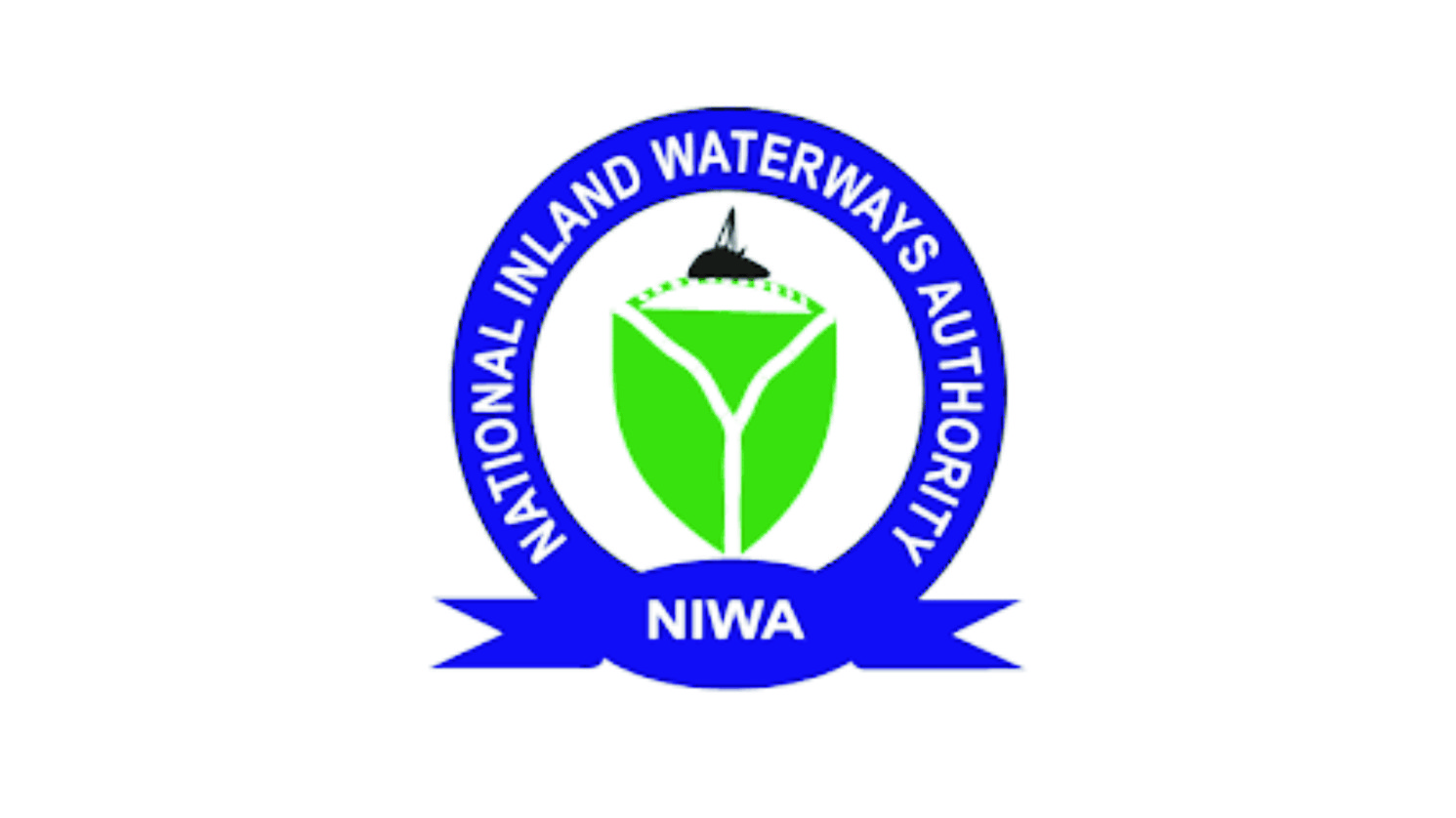Business
Raw Materials Importation Hits N1.88bn
The apex statistical institution in Nigeria, National Bureau of Statistics (NBS), has said manufacturers in Nigeria spent N1.88 billion on raw materials import in nine months.
The NBS disclosed this in its foreign trade reports, for the first quarter of the year, to the third quarter, which was obtained on Monday.
In the foreign trade reports, it was indicated that manufacturers imported raw materials worth N1.88 billion between January and September 2022, showing a 22.36 per cent decline from the N2.43 billion they spent in the corresponding period in the previous year.
This setback has been hinged on forex scarcity in the country which has made many firms source their raw materials locally and those who could not get their inputs in the country had to stop production.
The situation, the report stated, has made many manufacturers to find it very difficulty in accessing foreign exchange at the parallel market due to Central Bank’s refusal to allocate forex to bureau de change operators.
Manufacturers had lamented over the time through reports that the situation was becoming very unbearable, they claimed they may be forced out of business by the current difficulty of grappling with sourcing raw materials.
The weakness of the naira, particularly in the parallel market, where a majority of manufacturers source foreign exchange, has greatly disrupted production activities, as it was alleged.
Manufacturers kept on repositioning, and eventually, the whole manufacturing sector almost went into comatose, due to challenges of raw materials. Some companies had to stop selling and production, because there was no way they could replace their stock.
By: Corlins Walter
Business
NIMASA Commits To Creating Enabling Environment For Maritime Business

Business
FG Inaugurates Special Committee Against Boat Accident


